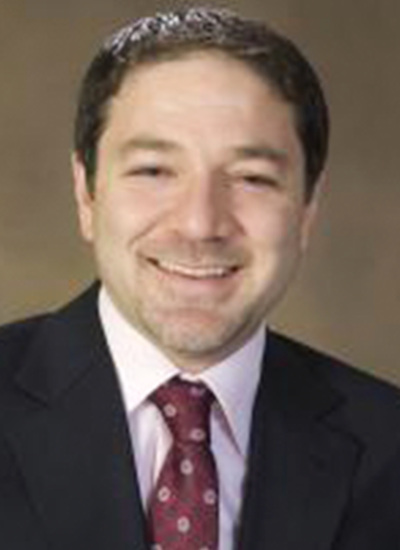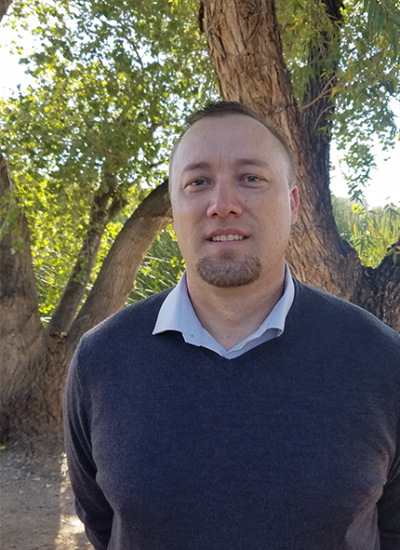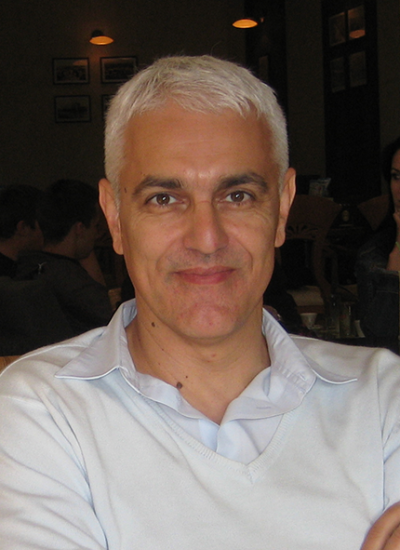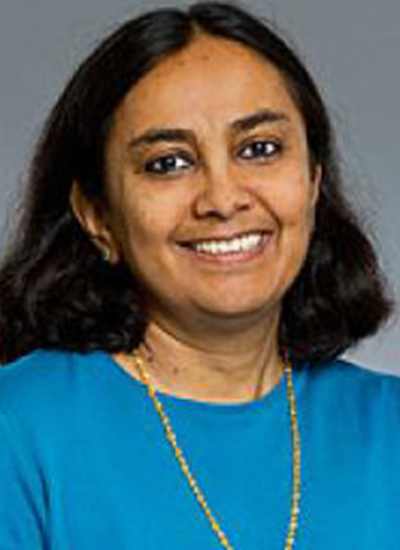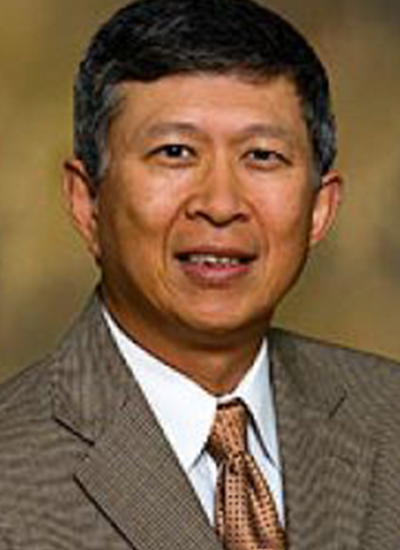Ali Akoglu
Work Summary
Ali Akoglu is an Associate Professor in the Department of Electrical and Computer Engineering and the BIO5 Institute at the University of Arizona. He received his Ph.D. degree in Computer Science from the Arizona State University in 2005. He is the site-director of the National Science Foundation (NSF), Industry-University Cooperative Research Center on Cloud and Autonomic Computing regarding the design and development of architectures for achieving self-management capabilities across the layers of cloud computing systems. Dr. Akoglu is an expert in high performance scientific computing and parallel computing with a primary focus on restructuring computationally challenging algorithms for achieving high performance on parallel hardware architectures. His research projects have been funded by the National Science Foundation, Defense Advanced Research Projects Agency, Office of Naval Research, US Air Force, NASA Jet Propulsion Laboratories, Army Battle Command Battle Laboratory, and industry partners such as Nvidia and Raytheon.


